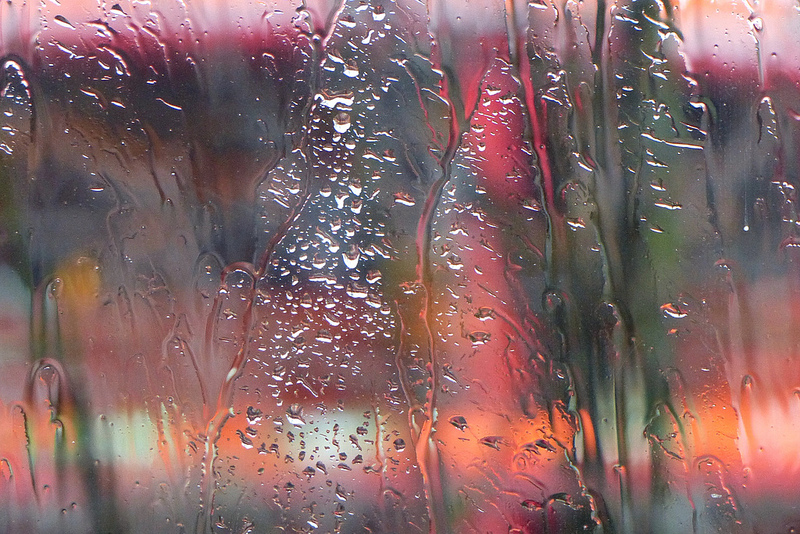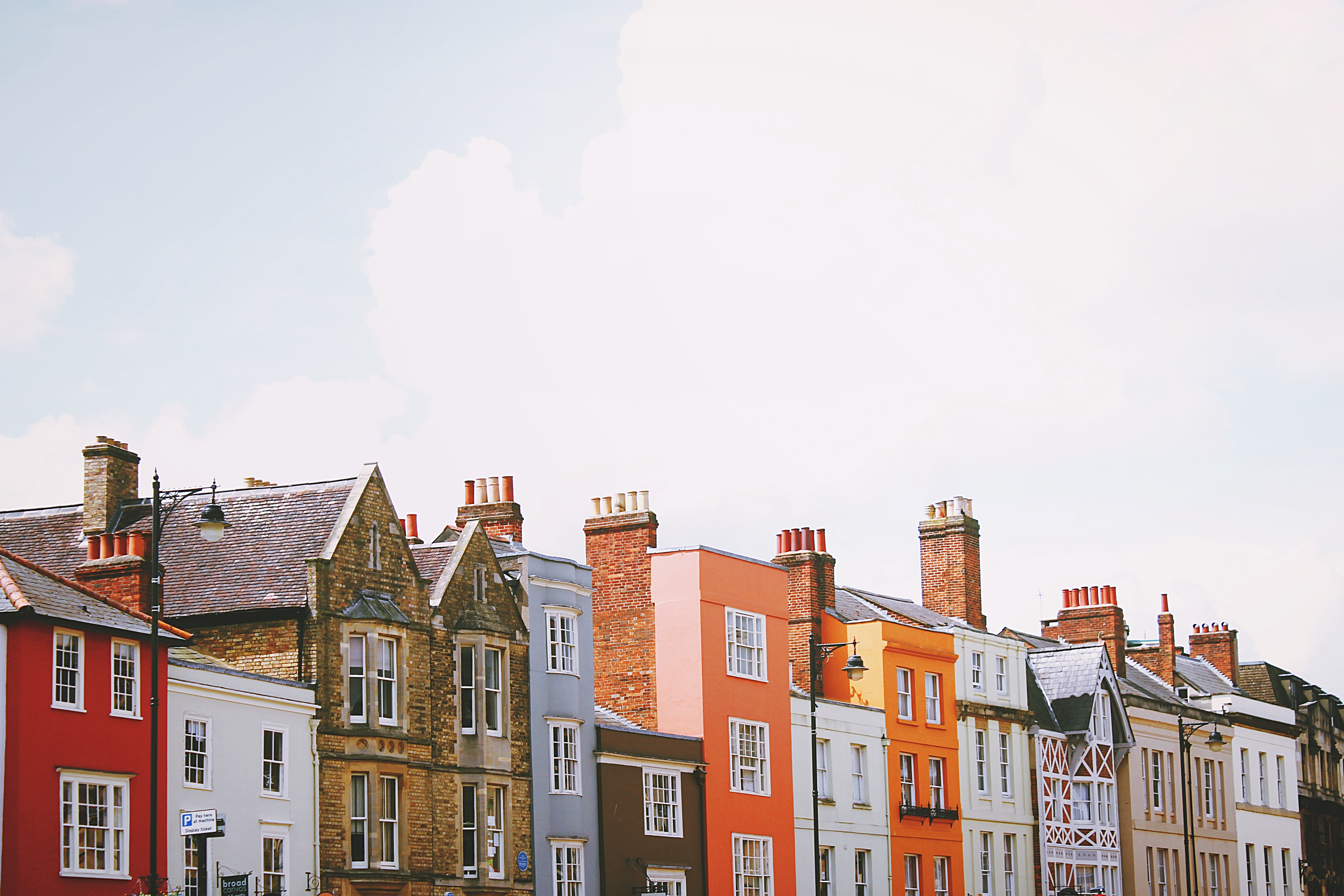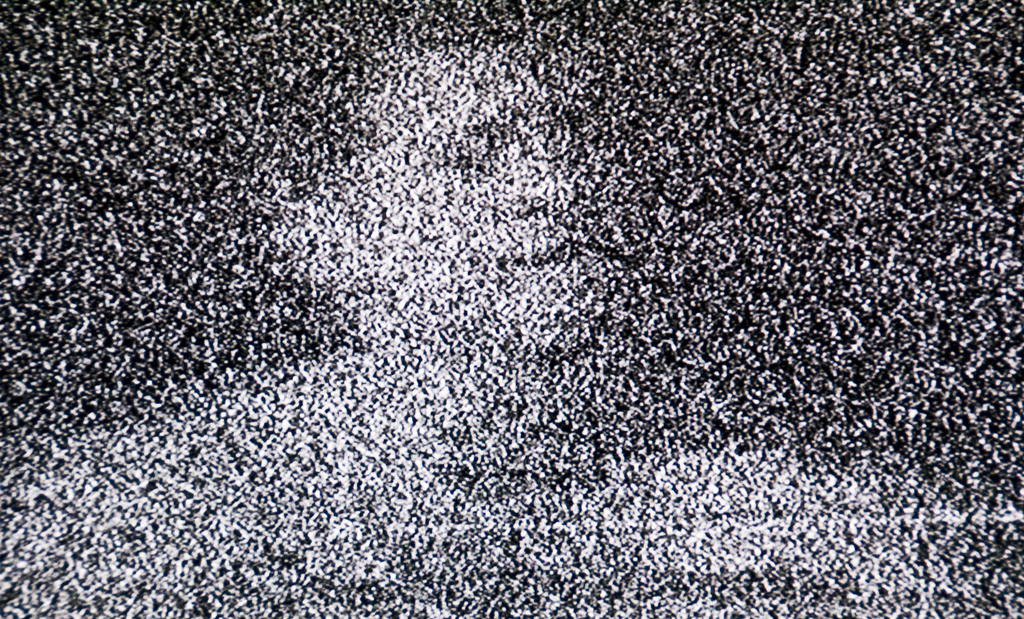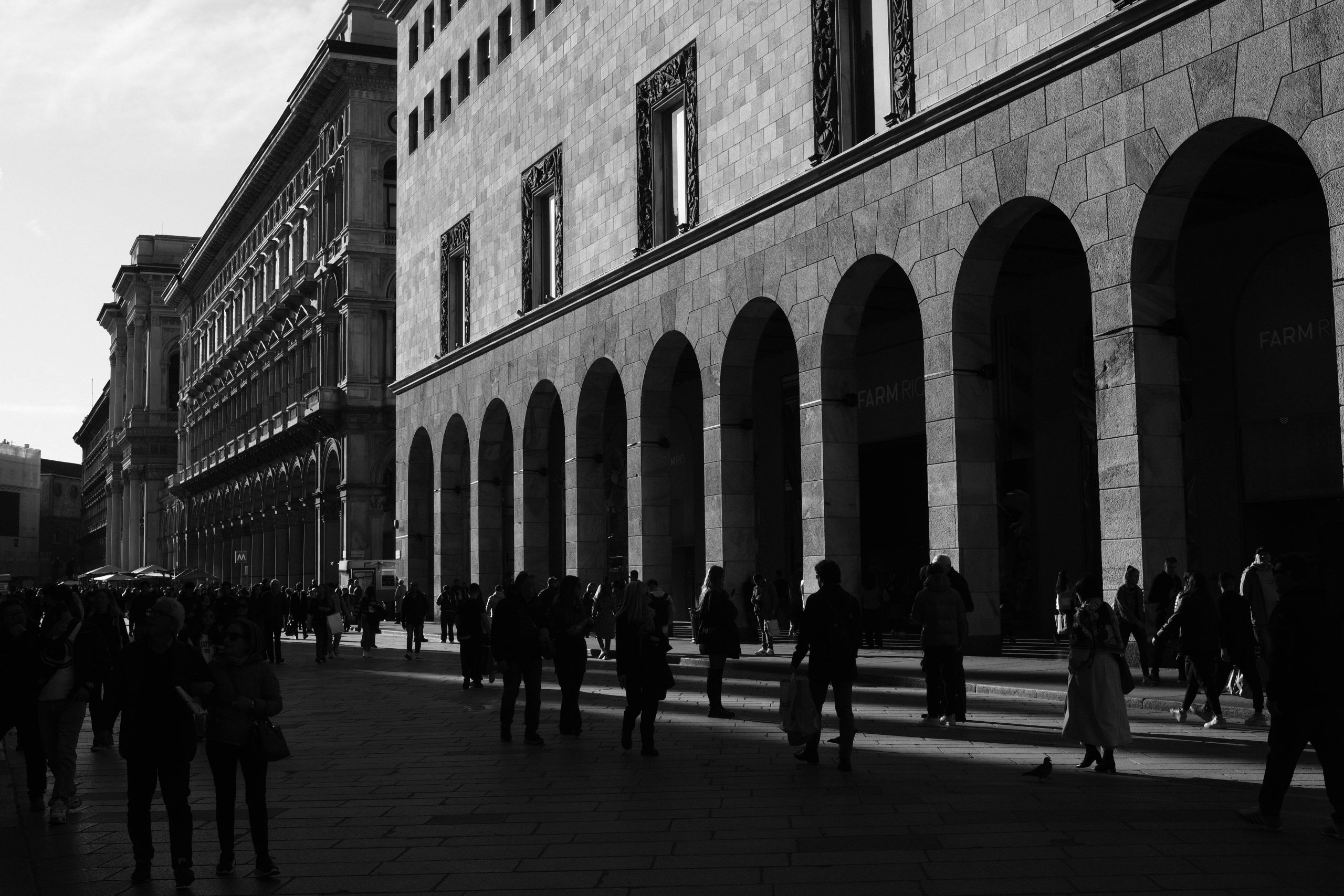
Wenjiang
When I lived in Wenjiang District, Sichuan province, I used to walk home along the river. The reflections from the lamps lining the riverbank created golden pools of light, calling to mind the meaning of Wenjiang, ‘warm river’. Walking past groups of dancers, I would attract stares from old men and women unused to Western faces, which I returned until I became accustomed to them. At tables others played mah-jong and drank tea, the smoke from their cigarettes settling in the heavy air.
One particularly noisy restaurant never seemed to close: The Mao Restaurant. Judging from the dining habits of its citizens, the cult of Mao was still alive and well in Wenjiang. In the restaurant, the old leader himself looked down on me from multiple portraits hanging on the walls, as waiters dressed in the uniform of the Revolutionary Army served dinner to people like me, members of the Western bourgeoisie. It’s hard to tell what Mao, from his silent position on the wall, would have made of the scene unfolding before him. One likes to hope that the Marxist in him would have appreciated a good example of historical irony.
Of course, the chief irony in all this is that Mao’s China could hardly have dreamt that ordinary Chinese people could enjoy the culinary luxuries of establishments like The Mao Restaurant. During the Cultural Revolution food was scarce, even here at the heart of the fertile Chengdu plain. The legacy of Mao’s regime persists. During a month’s stay on a farm north of the city, my host refused at first to speak badly of Mao, who is still widely regarded as the father of modern China. It took time before he felt able to criticise him in front of a weiguoren (foreigner). Even in today’s China, negative opinions of Mao are rarely voiced.
Looking at the murals of the peasants on the restaurant walls reminded me of my Chinese friend’s description of his childhood in the countryside. Growing up in the time of Mao’s successor, Deng Xiaoping, his family could not afford to buy him shoes and were only able to put meat on the table once or twice a month. He was able to attend university only after receiving a loan from the state; today, he works for the government, and owns a Western-style bar. In many ways, his story exemplifies the cultural transformation that has occurred in China over the last thirty years.
Twenty years ago, Wenjiang was a mere town on the edge of the city, and it still resists the pull of downtown Chengdu. A short walk away from the centre of the district, you find yourself passing through fields. It is both rural and urban, clinging to the familiarity of its past even as city lights encroach upon its borders. But Wenjiang will not be able to resist the modernity of the city forever. Plans for a new subway system means that in just a few years Wenjiang will be fully incorporated into the rest of Chengdu.
Momentous changes have already affected the whole of Chengdu, and an explosion in urban development has transformed the city’s skyline. This, and the huge rise in car ownership, has had a fundamental effect on the Chinese way of life. As Chengdu becomes a city connected by motorways, the old rhythms are vanishing. Roads bypass traditional walkways and huge glass apartment blocks and hotels overshadow brick buildings weathered with age. Nevertheless, in some little parts of Chengdu, like the dark alleys where I used to eat dumplings in the evening, the spirit of the old city remains.
If this tension can be seen in the changing landscape of Chengdu, it is equally evident in the city’s literature. The Tang dynasty poet Du Fu lived in a thatched cottage which is now a museum. His poetry is the poetry of the old Chengdu: a contemplative, peaceful place, with a slow pace of life envied elsewhere in China. Today, Murong Xuecun’s Leave Me Alone: A Novel of Chengdu evokes the beating heart of the new city: its restlessness and its embrace of urban modernity, but also its longing for the China of the past. The China of Murong’s novel has been violently torn from its history, and his characters feel the pain of this separation. Like Eliot in The Wasteland, he finds a culture broken, and tries to renew that culture through literature. His is an attempt to re-forge the connection between the old and the new. One of Leave Me Alone’s characters, Li Liang, is a failed poet, who finds that poetry can no longer provide comfort in the modern city. Yet, even so, the spirit of ancient China is still there. Murong, in the creation of characters like Li Liang, renews the melancholy of Du Fu, the poet who in ‘Winding River’ lamented that ‘passing time is always on the move’. In his novel of loss and sorrow, Murong pulls us out of the river of time in order to glimpse an older, wiser China.
China’s culture is an ancient one, and its people are self-consciously aware of their own history. For centuries, China’s size and strength isolated it from the rest of the world; it had no need for foreigners, and no interest in them. Even today, much of China seems closed off to life outside the Middle Kingdom. The clouds in Chengdu’s sky seem to merge with the horizon and form a defensive dome around the city, cloaking the skyscrapers and shrouding the streets to create a self-contained and self-referential world. On the streets below, the China of the past sometimes seems to have vanished, swept away by the bristling energy of the modern city. But I used to glimpse it when I walked alongside the water, where the lights from the new city shimmered in the darkness of the old river.
Image by MaryLemm







